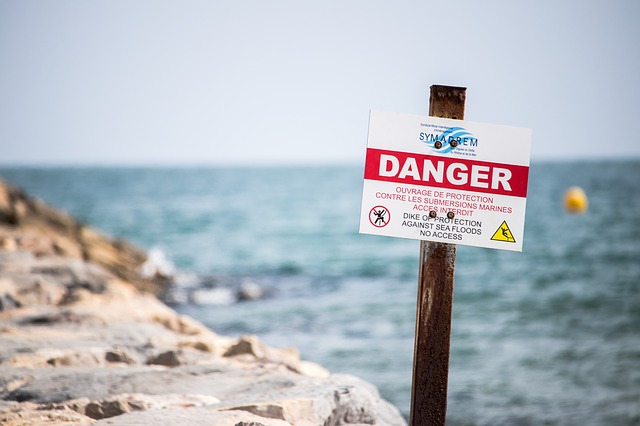Biohacker CRISPRs himself in attempt to get bigger muscles
By GMWatch,
GMWatch
| 12. 11. 2017
A CBS News story reports an attempt by the biohacker Josiah Zayner to genetically modify himself to have bigger muscles, using the CRISPR genome-editing tool.
It seems that Zayner tried to alter his DNA by injecting his forearm with a piece of DNA called a plasmid, containing the gene that codes for the Cas9 genome-editing protein and its guide RNA targeted to the myostatin gene. The myostatin protein encoded by this gene checks the growth of muscles so they don’t become out-of-proportion huge. Zayner’s aim is to disrupt the myostatin gene that blocks muscle growth so that his muscles get larger.
Zayner carried out this process using a CRISPR kit that is available to buy online. Presumably it’s the same one that his own company sells and that he hopes to profit from.
Zayner described to CBS his view of the future possibilities with CRISPR: "Do I wanna be big and muscly? Do I wanna – you know, my muscles have, like, high endurance? Do I want to have dark colour skin or light colour skin or whatever you want...
Related Articles
Flag of South Africa; design by Frederick Brownell,
image by WikimediaCommons users.
Public domain, via Wikimedia Commons
What is the legal status of heritable human genome editing (HHGE)? In 2020, a comprehensive policy analysis by Baylis, Darnovsky, Hasson, and Krahn documented that more than 70 countries and an international treaty prohibit it, and that no country explicitly permits it. Policies in some countries were non-existent, ambiguous, or subject to possible amendment, but the general rule remained, even after one...
By Tamsin Metelerkamp, Daily Maverick | 11.18.2024
The National Health Research Ethics Council (NHREC) has confirmed that heritable human genome editing (HHGE) remains illegal in South Africa, after changes in the latest version of the South African Ethics in Health Research Guidelines sparked concern among researchers that...
By Bernice Lottering, Gene Online | 11.08.2024
South Africa’s updated health-research ethics guidelines, which now include heritable human genome editing, have sparked concern among scientists. The revisions, made in May but only recently gaining attention, outline protocols for modifying genetic material in sperm, eggs, or embryos—changes that...
By Jantina de Vries, EthicsLab | 11.15.2024
The conversation around human heritable genome editing (HHGE) in South Africa is marked by controversy and conflicting interpretations of the law. At the center of this debate lies a team of lawyers based at a South African university, who have...




